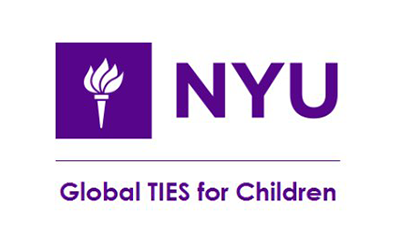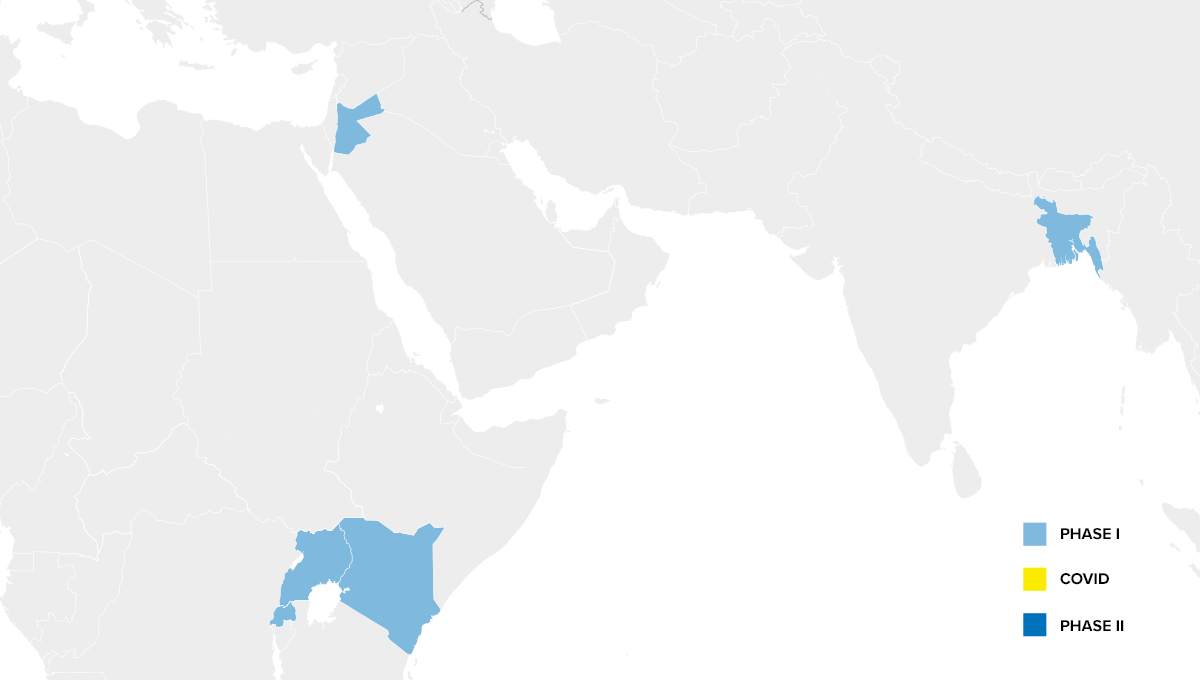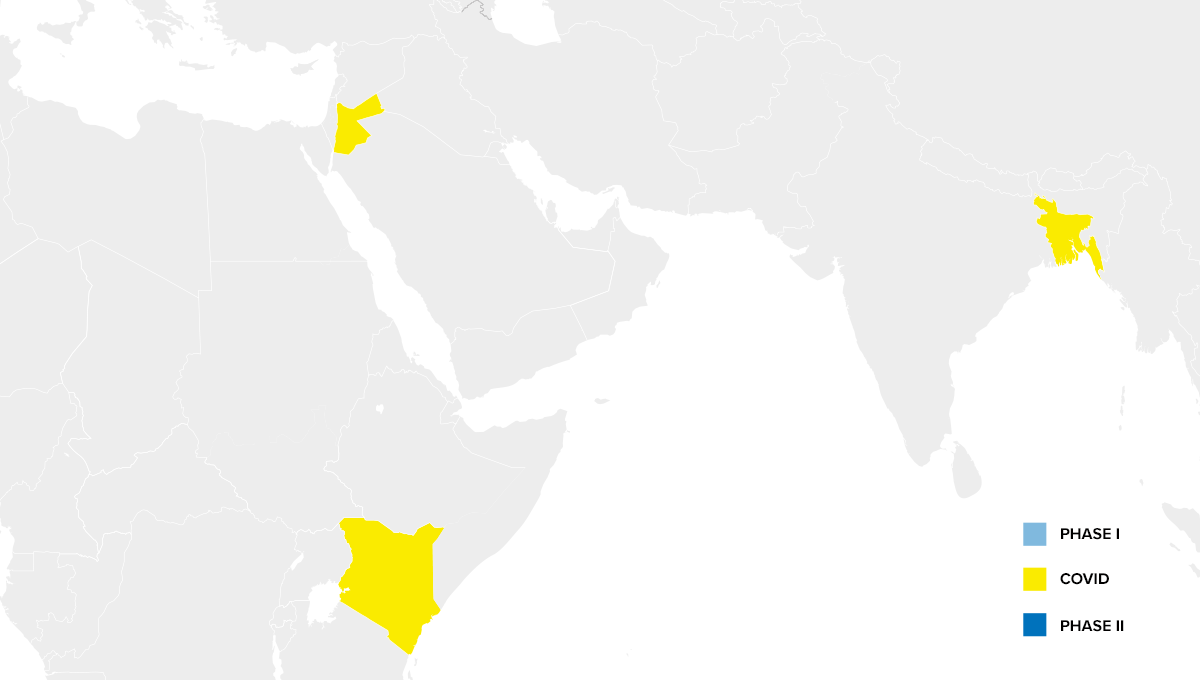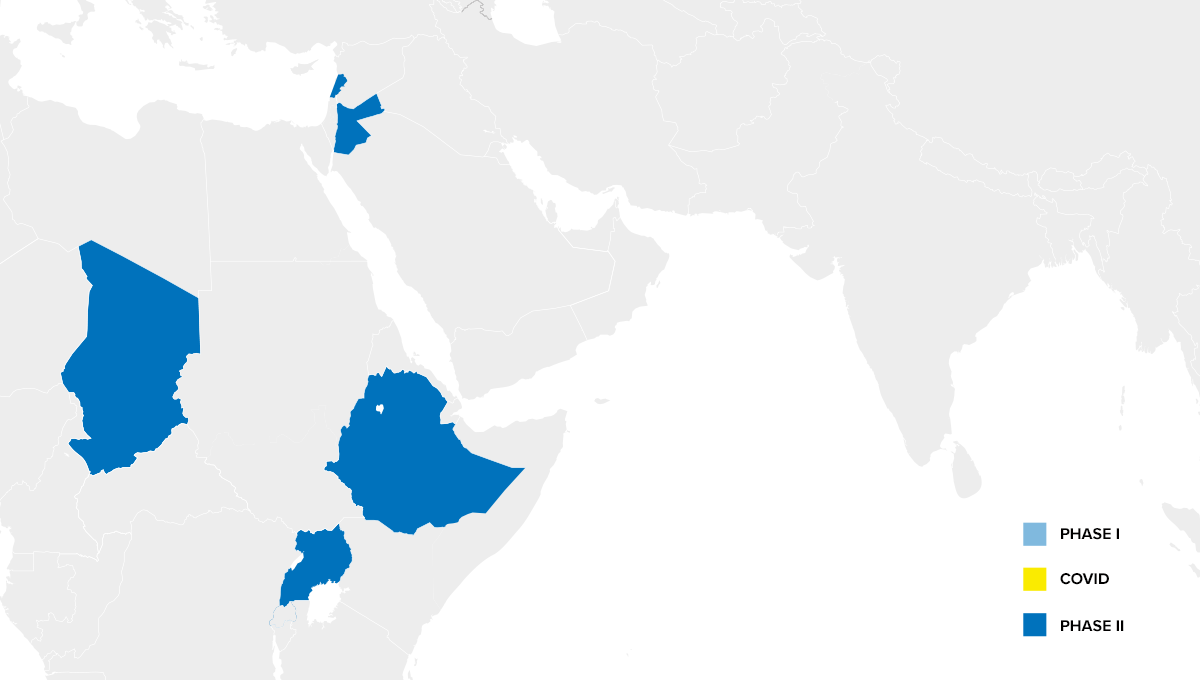About the HEA
© UNHCR/Dalia Khamissy
The need to identify and bring to scale innovative solutions to the complex challenges surrounding humanitarian education has never been more pressing, particularly in low resource settings.
However, evidence on what works in humanitarian education, as well as how to effectively bring that to scale, is limited. As a result, practitioners, donors and policy makers have little information at their disposal to help them make informed decisions about how to spend scarce resources and work towards sustainable scale.
The HEA seeks to address gaps in evidence and scaling capacity by taking common elements from an accelerator – such as mentorship, internal capacity building and establishing a cohort that works together – and merging these with an evaluation-based programme.
How the HEA works
The HEA is a first of its kind programme which began in 2016 as a partnership between UNHCR, UNICEF and the UK Department for International Development. We have supported three cohorts so far, through capacity building, mentorship and financial support.
Now an Education Cannot Wait funded programme led by UNHCR, the current phase of the HEA programme takes a staged approach to supporting the latest cohort.
Stage 1
Capacity building by experts in scaling innovations, M&E and partnerships for 13 innovations during a week-long Scaling Bootcamp
Stage 2
Tailored mentorship and further capacity building support on research, Monitoring and Evaluation (M&E) and scaling for 5 innovations over 3 months
Stage 3
Funding of up to USD 200,000 for the final 3 selected innovations – to be used towards internal capacity building in M&E and investments in research, project implementation and scaling. A fully funded external evaluation for the final 3 selected innovations will be provided.
It also allows us the opportunity to support those interventions who may not be quite there yet, to build their internal capacity and scaling strategies for future scale, allowing them to participate in the HEA programme at the point most suited to where they are in their scaling journey.
Where HEA works
The boundaries and names shown and the designations used on this map do not imply official endorsement or acceptance by the United Nations.
Phase I of the HEA supported grantees implementing innovative humanitarian education programmes in Kenya, Uganda, Rwanda, Bangladesh and Jordan.
The HEA COVID-19 Challenge supported grantees implementing in Jordan, Kenya and Bangladesh.
Phase II of the HEA supported grantees implementing in Chad, Ethiopia, Uganda, Jordan and Lebanon.
© UNHCR/Asif Shahzad
Our Experts & Partners






Contact Us
For more information on the HEA programme please contact us on: [email protected]



